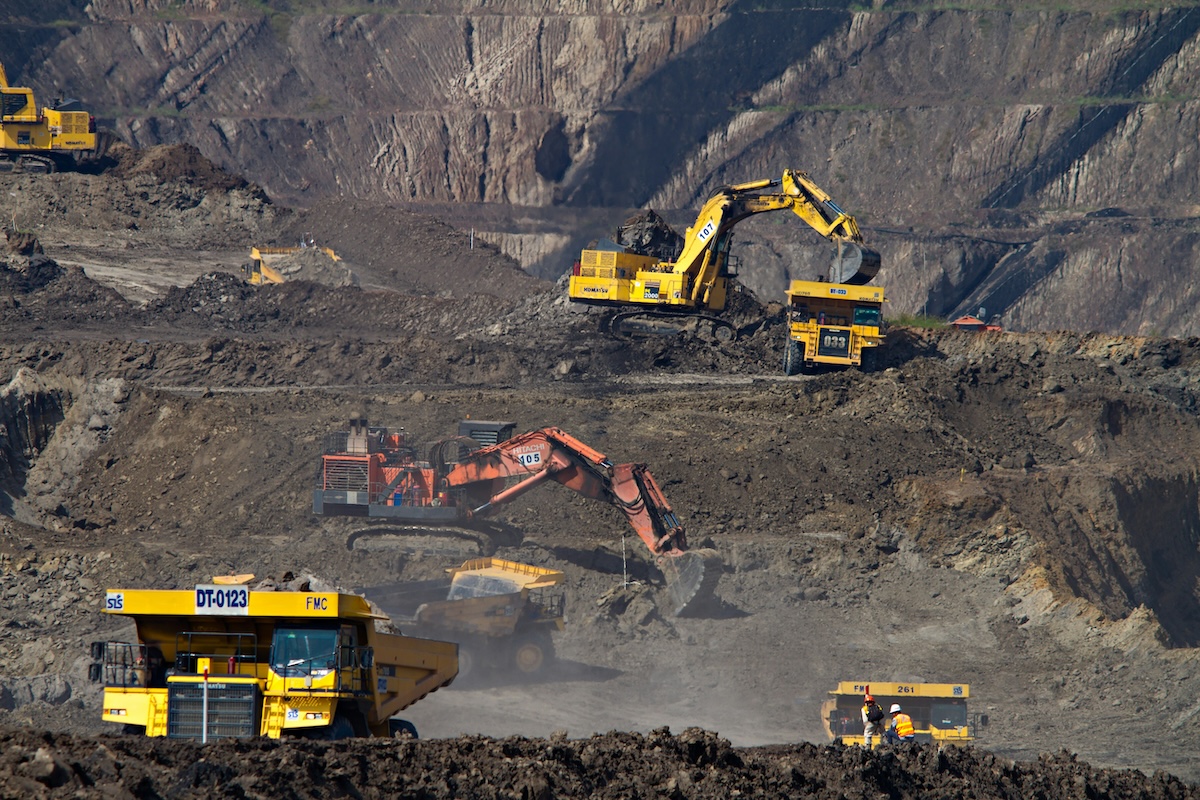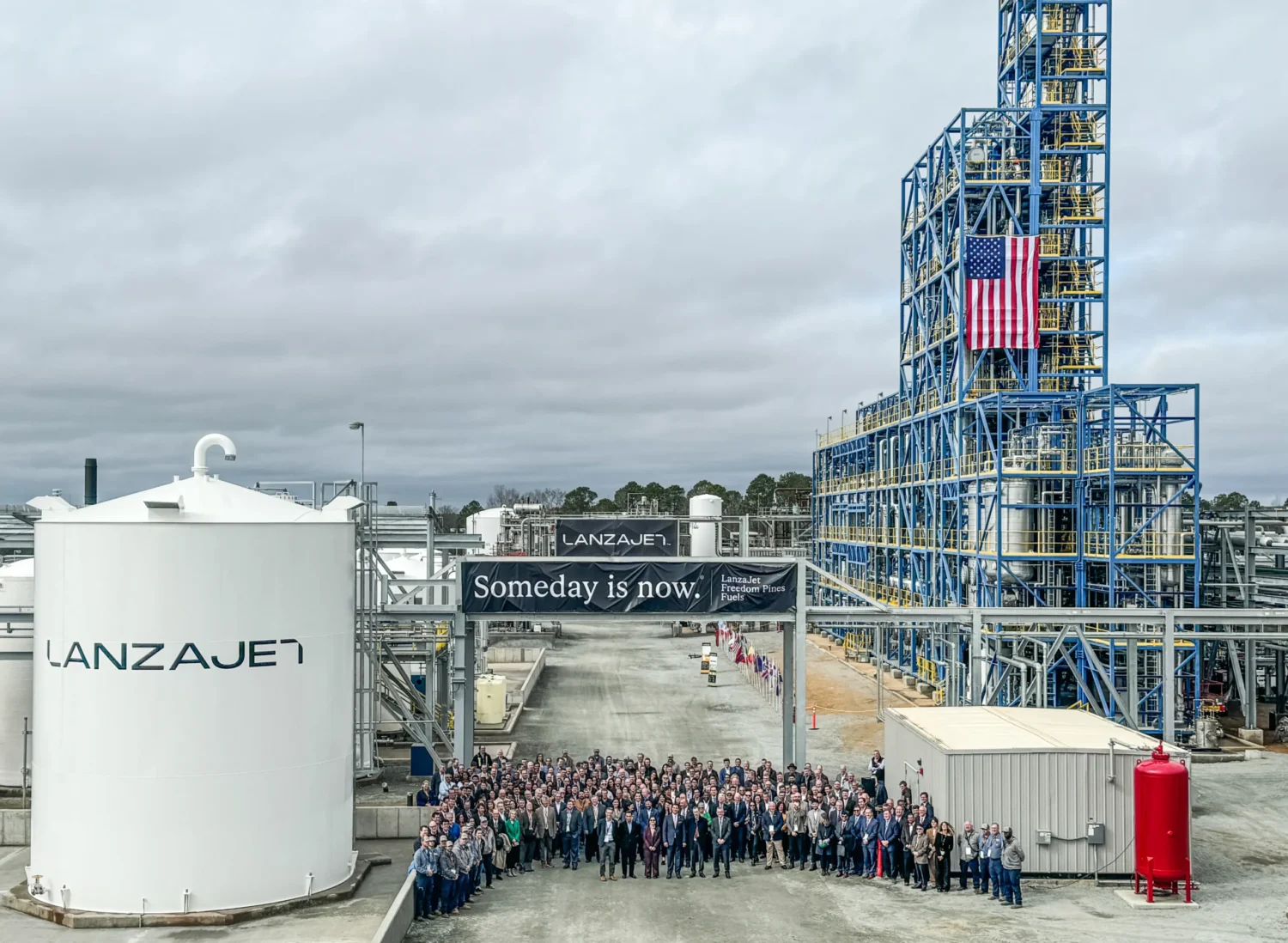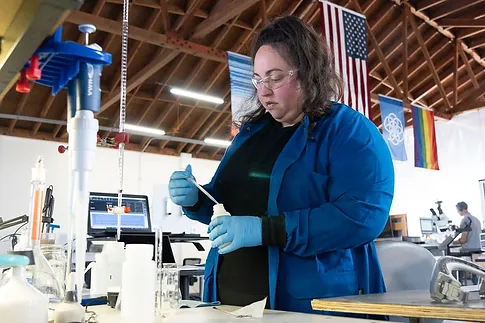ImpactAlpha, June 26 — Buildings account for 40% of total global carbon emissions, because of how building materials are produced, what materials are used, and properties’ energy efficiency once they’re up and running.
Kubik, a climate tech startup based in Nairobi launched by Ethiopian founders in 2021, has raised $3.3 million to convert “hard-to-recycle” plastic waste into bricks, columns, beams and jambs that have a low-carbon footprint and are safe to build homes, schools, clinics and warehouses.
The materials can help housing developers in Africa build homes without the need for conventional building materials like cement and steel, said Kubik co-founder Kidus Asfaw. Kubik’s products are low-cost and five times less polluting than cement, Asfaw said, and are built with chemical properties that make them anti-flammable and nondegradable.
Growth financing
Kubik plans to scale up production at its production plant in Ethiopia this year to build up to 10,000 affordable homes per year. The seed round saw participation from investors including BESTSELLER Foundation, GIIG Africa Fund, Savannah Fund, African Renaissance Partners and climate tech investor Satgana. Several angel investors, such as Joel Holsinger, Will Abbey and Maex Ament, also joined.
Kubik combines “positive social impact, circular economy, and low-carbon construction,” said Satgana’s Romain Diaz.
Women-first dignified jobs
Women make up the majority of Africa’s informal waste collectors, often working long hours in unsanitary conditions and earning less than $2 per day.
Kubik aims “to improve the working and living conditions of women waste collectors who work in poor conditions around waste fields,” said Kubik’s Penda Marre. “We want to help them become financially independent by empowering them through Kubik’s women-first agenda in the waste management and construction sectors.”











